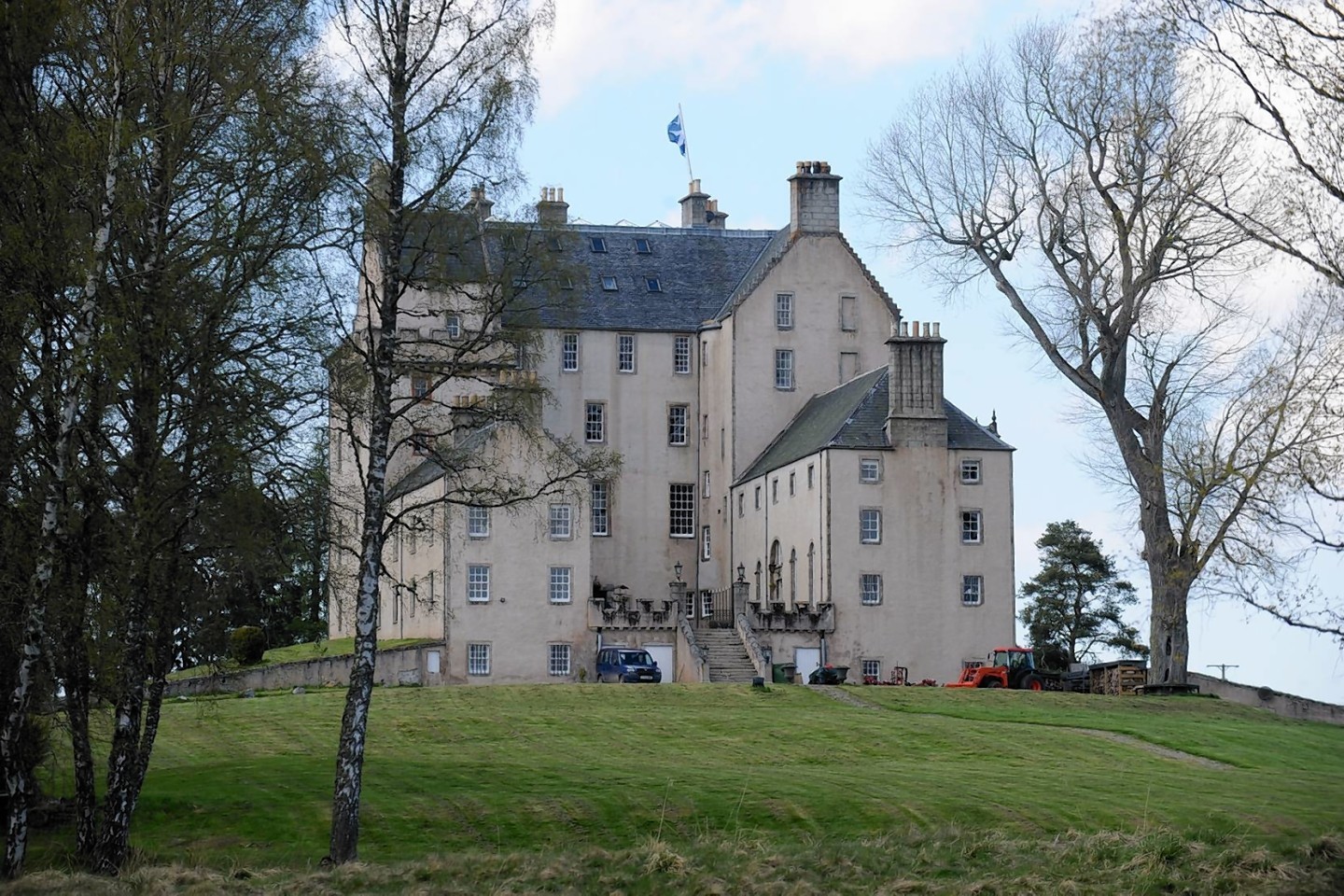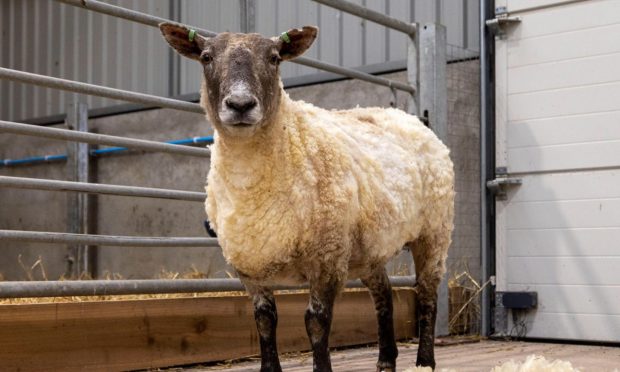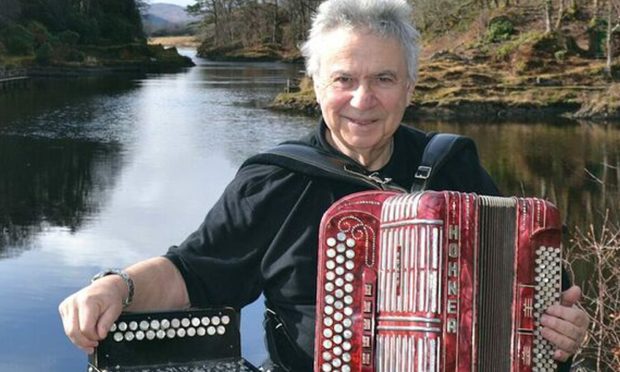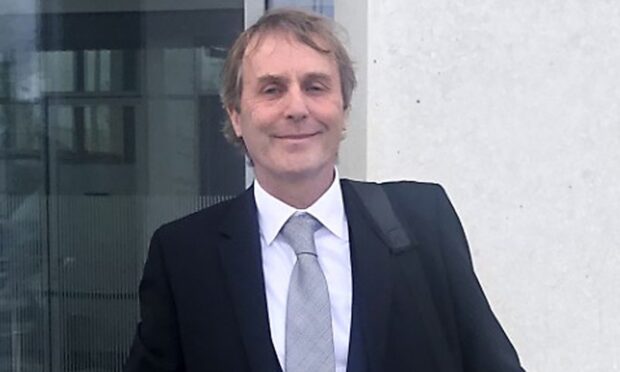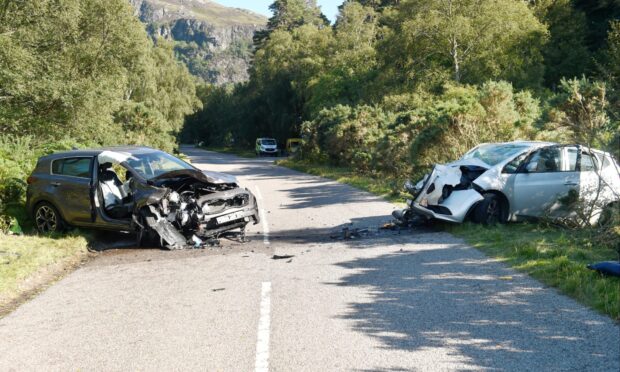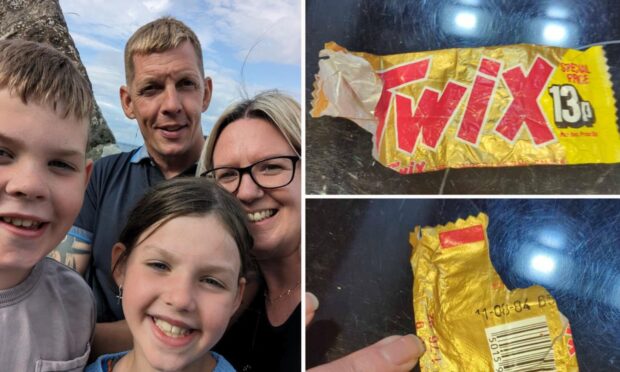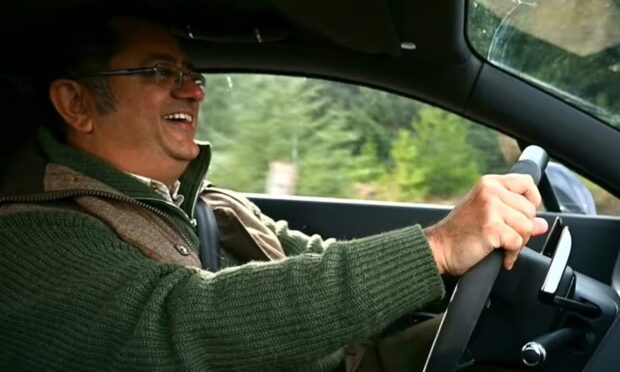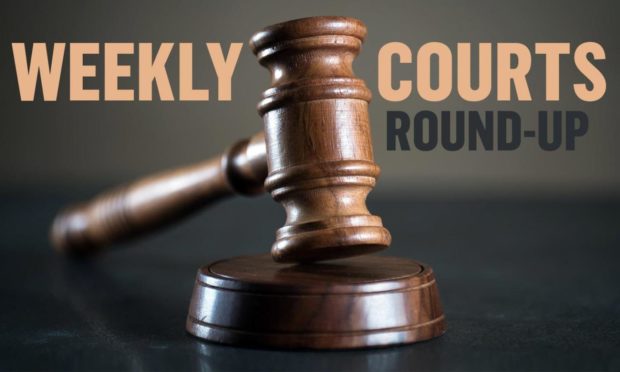The future of a Highland castle has been plunged into uncertainty after its Russian owner was jailed for 18 months for carrying out a £4million fraud to help fund his lavish lifestyle.
Sergey Fedotov, who purchased Castle Grant for £1million in 2014, has admitted a massive embezzlement while he was head of the Russian Authors’ Society (RAO), which collects royalty payments on behalf of writers.
It is understood the purchase of the castle, and other UK properties, were the trigger for an initial investigation.
The 40-year-old businessman was arrested in Moscow last year and held in custody.
He bought the 16th century A-listed pile, by Grantown, after it was repossessed from former Rangers’ owner Craig Whyte when he failed to keep up with mortgage payments.
Yesterday a housekeeper at Castle Grant would only say as a general response: “It’s not good.” She refused to comment on whether Fedotov’s home could be repossessed following his sentence.
Last night, fears for the future of the castle and disappointment at the latest twist in the tale were voiced in the village.
Bill Sadler, chairman of local history group the Grantown Society, fears there would be security problems at the castle if the housekeepers don’t stay until Fedotov’s release.
He added: “The history of recent owners is a sad and sorry state of affairs. We will just have to wait and see what happens.
“Grantown is a product of the family of Grants. Our dream is that the castle would be refurbished and opened up to the public. It’s a huge part of our heritage.
“If we were rich the community would buy it. We did once consider that but, not only would we have to buy it but also maintain it.”
A local resident in the town, who did not want to be named, said he attended a large banquet held in the castle’s grounds in June 2015 when Fedotov opened them up to the public to mark 250 years of the town.
He said: “There was a thinking in the community that maybe this was a sign of things to come after the Whyte years. But now this has happened, it’s a bit disappointing.”
Fedotov admitted carrying out the fraud during a hearing at Moscow’s Meshchansky Court this week.
Prosecutors told the court that Fedotov deliberately misled the RAO board, encouraging them to transfer property to a private company.
The company then sold the property to third parties, leaving the RAO out of pocket to the sum of 300 million rubles – about £4 million.
Russian police started investigating Fedotov in 2015 after concerns were raised about where he got the funds to buy the castle and other properties in the south of England.
During a preliminary hearing in the case, Fedotov insisted that Castle Grant was bought lawfully and said the purchase was modest as the castle was only worth the price of a small apartment in Moscow.
He said: “That castle in Scotland I have, I acknowledge.
“But this property is irrelevant.
“At the time of purchase it cost 50 million rubles. The cost corresponds to the cost of a two-bedroom apartment in the centre of Moscow.”
Following his sentencing, Fedotov told Russian media that he had already repaid some of the damages, and was considering an appeal against his sentence.
He said: “I’ve repaid 160 million rubles out of more than 300 million rubles.
“But in order to make these payments, I need to work: something I haven’t recently been able to do.”
Fedotov was denied bail over fears he might have fled to the UK despite his legal team’s claims that he suffers from hypertension and diabetes.
He bought Castle Grant after it was repossessed by the Bank of Scotland. He told estate agents that he had grand refurbishment plans for the property after it fell into disrepair during Whyte’s ownership.
Whyte bought it for £720,000 in 2006 but fell into arrears with the £7,000-a-month mortgage.
